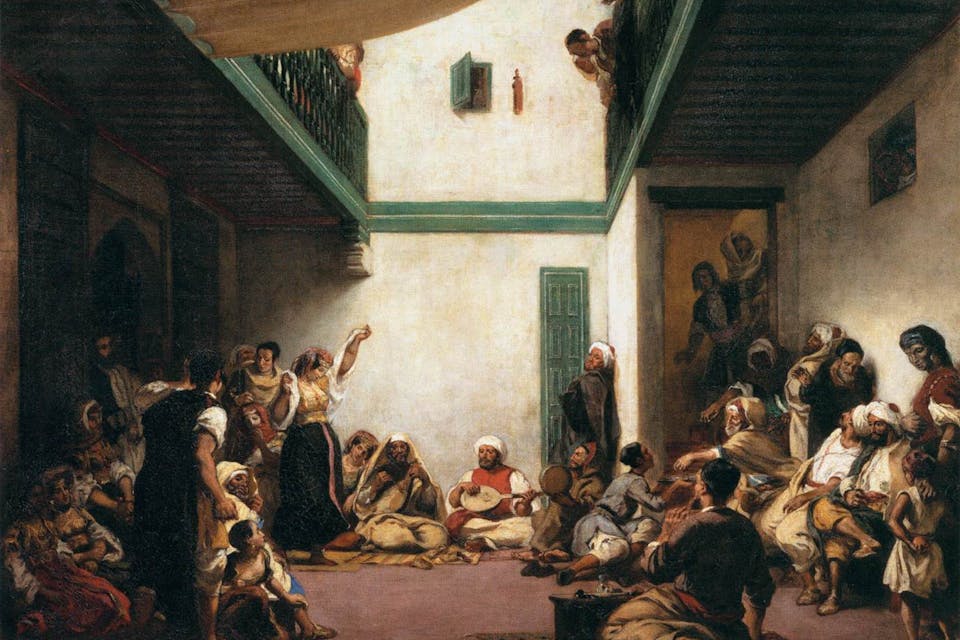
July 10, 2024
Haketiya, the Spanish Yiddish
Like Ladino, Haketiya grew out of the Spanish of Jews exiled from Spain. Like Yiddish, it has a range of loving, spiteful, sarcastic, ironic, anxious, and superstitious expressions.
My friend, the novelist Robert Littell, who lives with his wife in Normandy, not far from a town called Domfront, has written me:
Last Sunday we went to a concert in Domfront’s lovely church. A French-Jewish-Moroccan woman with a beautiful voice sang Andalusian songs, some in Spanish and many in Ladino. One of her songs was listed in the program as being in a Judeo-Spanish dialect from Morocco called Haketiya. I’ve never heard of this dialect, but you will surely know about it, though I can’t imagine that there are many who speak it.
Indeed, there aren’t. Current estimates are that there are as few as a thousand speakers of Hakitiya, or Haketiya (pronounced kha-keh-TEE-ya), left in the world, presumably nearly all elderly. Once spoken extensively in the north of Morocco in such places as Tangiers, Tetouan, Larache, Ceuta, and Melilla, Haketiya is now on the verge of extinction. A generation from now it will be, barring a linguistic miracle, only a memory, a subject for articles like this one, and the language of a few songs that someone still knows how to sing from what was once a rich repertoire of medieval Spanish romanzeros.